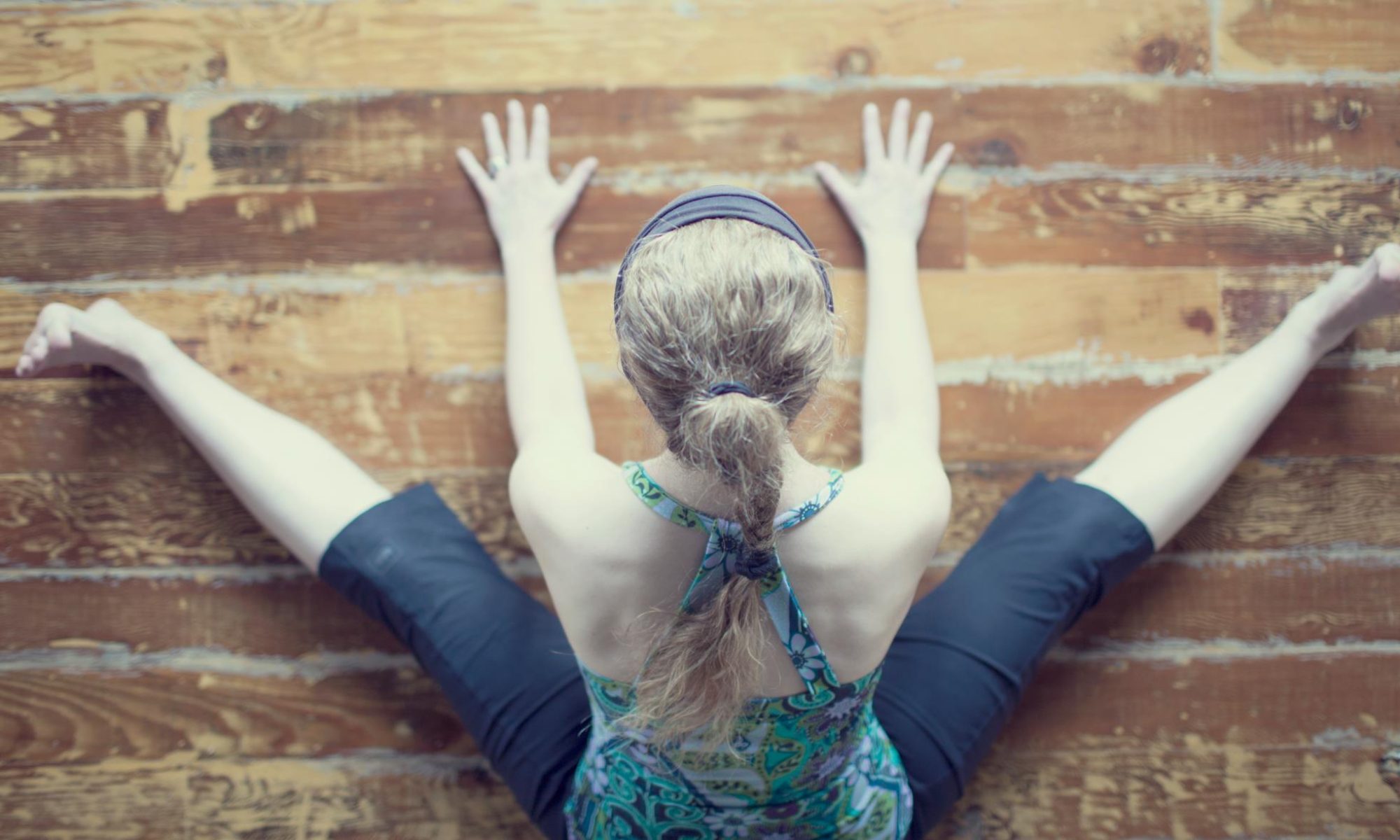
The first time I heard a poem by Mary Oliver was during Savasana in a yoga class in San Francisco. I was immediately enamoured and sought out her works to explore them further. Her words inspired me, spoke to me in places hidden deep within. Her reverence and abiding love for the natural world mirrored the supreme peace and calm that arose in me when surrounded by forest, mountains, ocean, stream. They say that a picture is worth a thousand words and that can most certainly be true, but so too can a few choice words touch our hearts and give rise to a thousand cherished images within.
On January 17th, 2019, the world lost a much beloved literary voice. At the age of 83, Mary Oliver had enchanted us with her poetry and prose for more than 50 years. As a small gesture of respect and gratitude for all that she has given us, I dedicated my class on Friday to her memory and shared several works with my students – some had heard of her, some had not, and all left with new warmth in their hearts. As Mary said in her poem Mysteries, Yes, “…people come, from delight or the scars of damage, to the comfort of a poem.”
To choose a single favourite from among her poems would be like choosing a favourite star in the sky. Instead, I take inspiration from last night’s full moon, the Wolf moon, and share with you Mary’s poem of the same name.
Wolf Moon ~ Mary Oliver
Now is the season
of hungry mice,
cold rabbits,
lean owls
hunkering with their lamp-eyes
in the leafless lanes
in the needled dark;
now is the season
when the kittle fox
comes to town
in the blue valley
of early morning;
now is the season
of iron rivers,
bloody crossings,
flaring winds,
birds frozen
in their tents of weeds,
their music spent
and blown like smoke
to the stone of the sky;
now is the season
of the hunter Death;
with his belt of knives,
his black snowshoes,
he means to cleanse
the earth of fat;
his grey shadows
are out and running - under
the moon, the pines,
down snow-filled trails they carry
the red whips of their music,
their footfalls quick as hammers,
from cabin to cabin,
from bed to bed,
from dreamer to dreamer.


